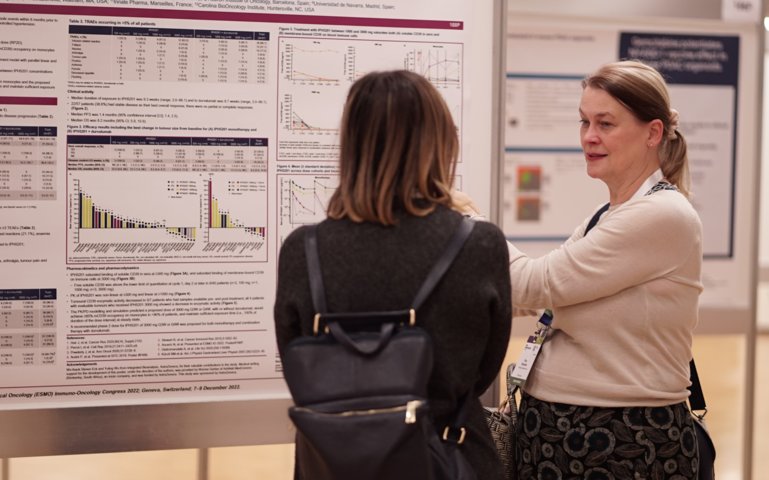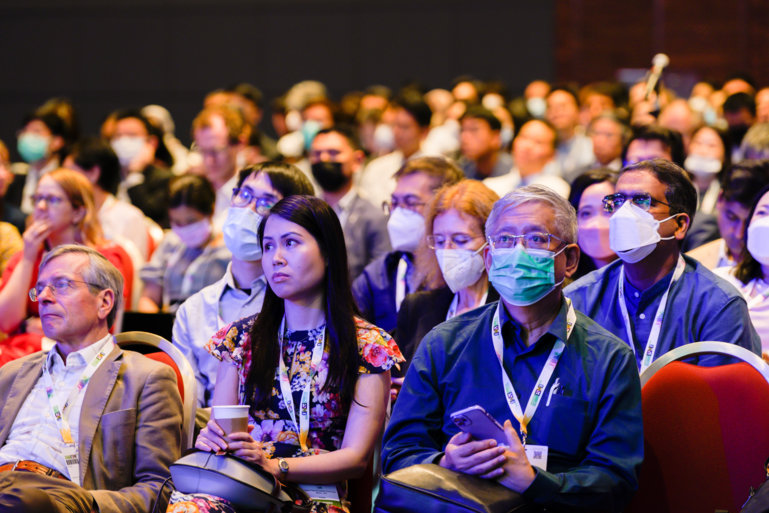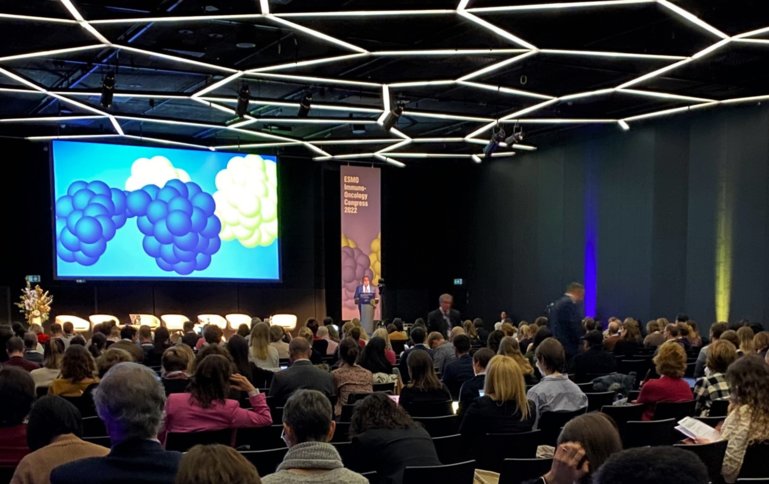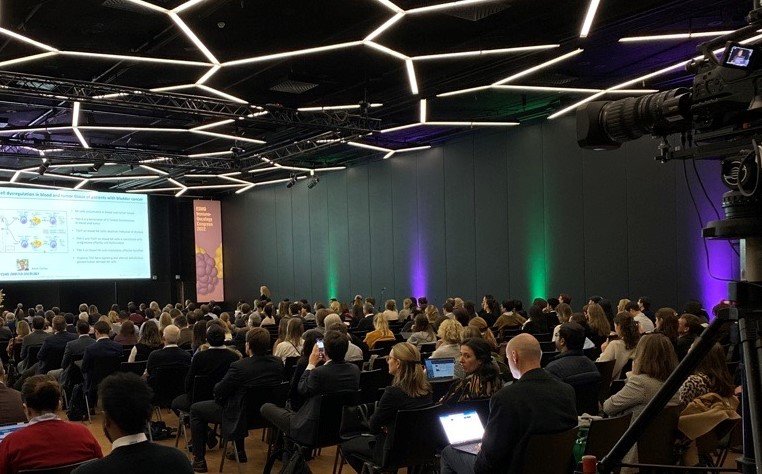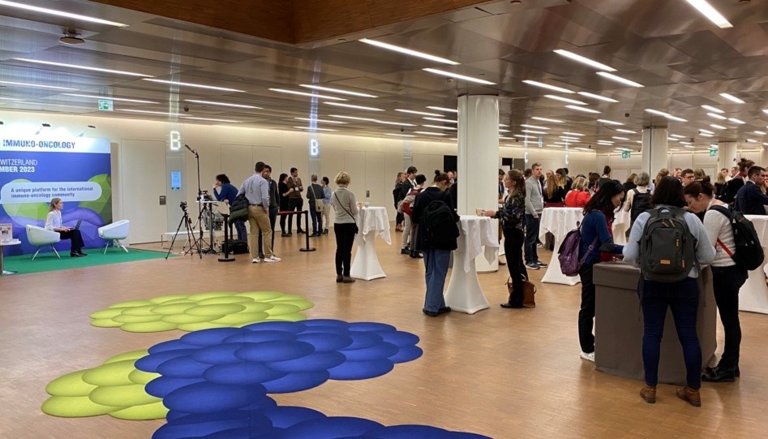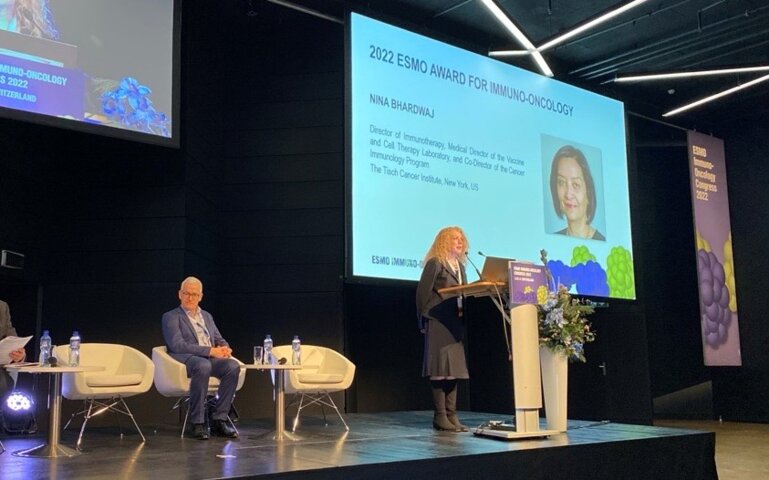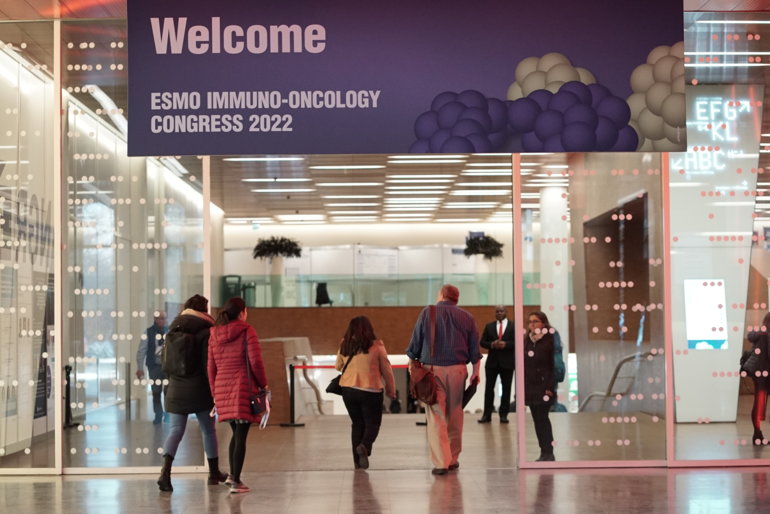
Combined biomarker analysis shows promise as a tissue agnostic response predictor for immunotherapy-based treatment
Pre-treatment expression of Ki-67 plus FOXC1 plus PD-L1 predicted response to neoadjuvant treatment in breast and head and neck tumours, although more work is required to determine its use in the context of immunotherapy alone

